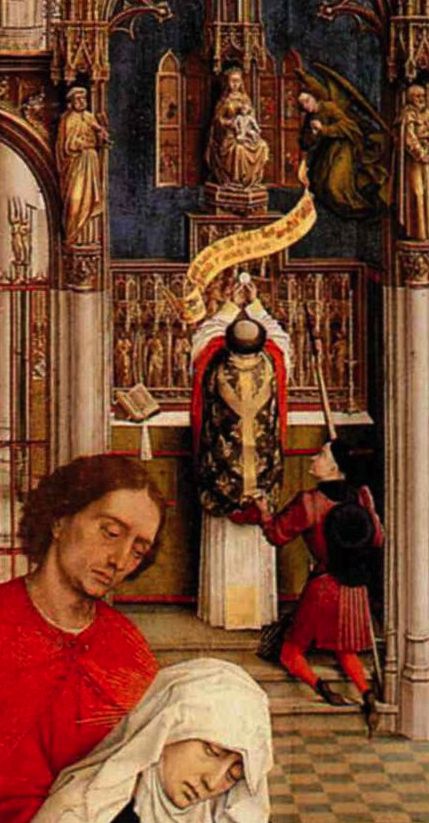
The series Tracts for the Times urged the English clergy to remember that they were priests of God rather than minor functionaries of the British government.
I have always been a firm believer in the power of tracts to educate people and that such education can produce results in changed lives. In my parish, I wrote several tracts that were available in the back of the church; many of these proved to be extremely popular and were reprinted several times. Another series of church tracts, the Tracts for the Times, were even more popular and led to significant changes in the Church of England.
The first of the Tracts for the Times, a series of 90 pamphlets to educate English Christians about Church history as well as classic Christian belief and practice, appeared on September 9, 1833. The tracts were widely available and very inexpensive; the popularity of the tracts, produced by the leaders of the Oxford Movement who wanted the Church of England to reclaim her status as a Church and not simply the “Religious Department” of the British government, resulted in many people using the name “Tractarian” to refer to this movement to restore pre-Reformation thought and practice.
The first 20 tracts appeared in 1833, with 30 more in 1834; the series concluded with Tract 90 in 1841. After that the pace slowed, but the later contributions were more substantive on doctrinal matters. Initially these publications were anonymous, pseudonymous, or reprints from theologians of previous centuries. The authorship details of the tracts were recovered by later scholars of the Oxford Movement. The tracts also provoked a secondary literature from opponents. Significant replies came from evangelicals, including that of William Goode in “Tract 90 Historically Refuted” (in 1845) and others.
Tract 1, by John Henry Newman, was primarily addressed to English clergy and urged them to remember that they were priests of God and not simply functionaries of the British government. The tract mourned that too many clergy were more concerned about social status and privilege than with preaching the Gospel, teaching their people, and celebrating the services of the Church. The tract urged the clergy to remember that they were ordained in the Apostolic Succession and that this gift was not to be taken lightly.
“Therefore, my dear Brethren, act up to your professions. Let it not be said that you have neglected a gift; for if you have the Spirit of the Apostles on you, surely this is a great gift: “Stir up the gift of God which is in you.” Make much of it. Show your value of it. Keep it before your minds as an honorable badge, far higher than that secular respectability, or cultivation, or polish, or learning, or rank, which gives you a hearing with the many. Tell them of your gift…. Speak out now, before you are forced, both as glorying in your privilege, and to ensure your rightful honor from your people. A notion has gone abroad, that they [British politicians] can take away your power. They think they have given and can take it away. They think it lies in the Church property, and they know that they have politically the power to confiscate that property. They have been deluded into a notion that present palpable usefulness, [measurable] results, acceptableness to your flocks, that these and such like are the tests of your Divine commission. Enlighten them in this matter. Exalt our Holy Fathers the Bishops, as the Representatives of the Apostles, and the Angels of the Churches; and magnify your office, as being ordained by them to take part in their Ministry.”
The tract warned that there was a coming conflict. The conflict would be between those who considered the Church of England to be the Body or Bride of Christ and those who thought the church was simply a convenient institution to be amended however they saw fit. These two radically opposed viewpoints would force clergy to take a stand and the tract warned clergy that they would face the consequences of their choice align with one side or the other on Judgement Day.
